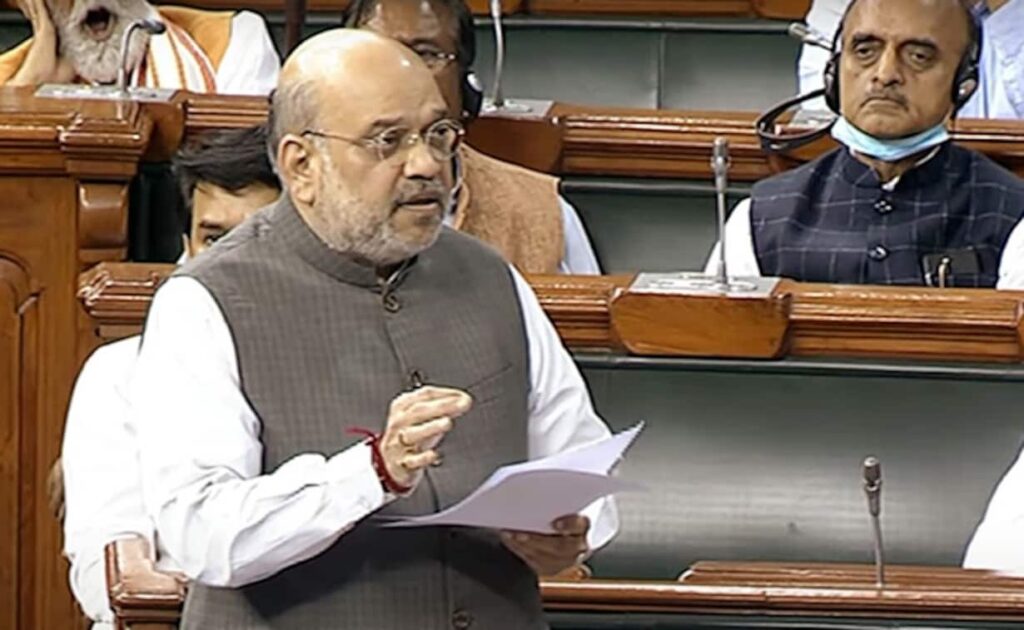Transforming India's Legal Landscape: Modernizing Criminal Laws for the Future

The Indian government is taking substantial steps to modernize outdated criminal laws, a relic of the British colonial era, in order to create a more user-friendly and efficient criminal justice system. The proposed changes encompass a range of critical aspects, including severe penalties for mob lynching, stringent punishment for deceitful promises of marriage leading to sexual relations, and the elimination of the section pertaining to sedition.
Key Amendments:
– Replacement of Indian Penal Code, 1860, with the new Bharatiya Nyaya Sanhita (BNS).
– Replacement of Criminal Procedure Act, 1898, with the innovative Bharatiya Nagarik Suraksha Sanhita (BNSS).
– Substitution of Indian Evidence Act, 1872, with the comprehensive Bharatival Sakshya (BS).
Sedition Law Update:
While the government abolished the term “sedition,” the concept remains addressed in Section 150 of the BNS. The provision articulates acts that jeopardize India’s sovereignty, unity, and integrity.
Progressive Changes:
The Bharatiya Nyaya Sanhita Bill, 2023, taking the place of IPC, suggests capital punishment for mob lynching and proposes a decade-long imprisonment for engaging in sexual activity with women under the false promise of marriage. Notably, the bill stipulates that consensual intercourse with one’s spouse, who is not underage, is not considered rape.
Furthermore, the bills redefine terrorism, separatism, and armed rebellion, providing a clearer legal framework. These legislative amendments, a total of 313, usher in transformative modifications to the existing criminal justice system. Union Home Minister Amit Shah highlighted the revolutionary nature of these changes, heralding a new era in India’s legal landscape.
